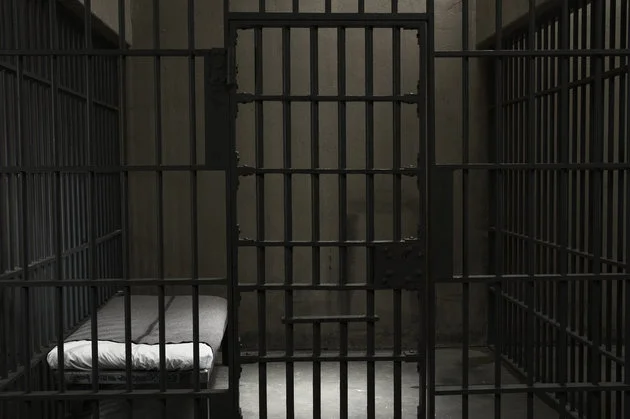WASHINGTON, Dec. 20, 2016 /PRNewswire-USNewswire/ -- The Office of Justice Programs' (OJP) Office of Juvenile Justice and Delinquency Prevention (OJJDP) today released the research-based Juvenile Drug Treatment Court Guidelines to support judges, professional court staff, and families in responding to the needs of youth with substance use disorders.
Our Vision
The Michigan Juvenile Detention Association will continue to be a national leader in promoting and sustaining of exemplary juvenile detention, residential treatment, and community based services for youth and their families.
Our Mission
The Michigan Juvenile Detention Association is committed to the highest standard of professional ethics, overall excellence in the care and custody of youth, and the provision of services to their families.




















